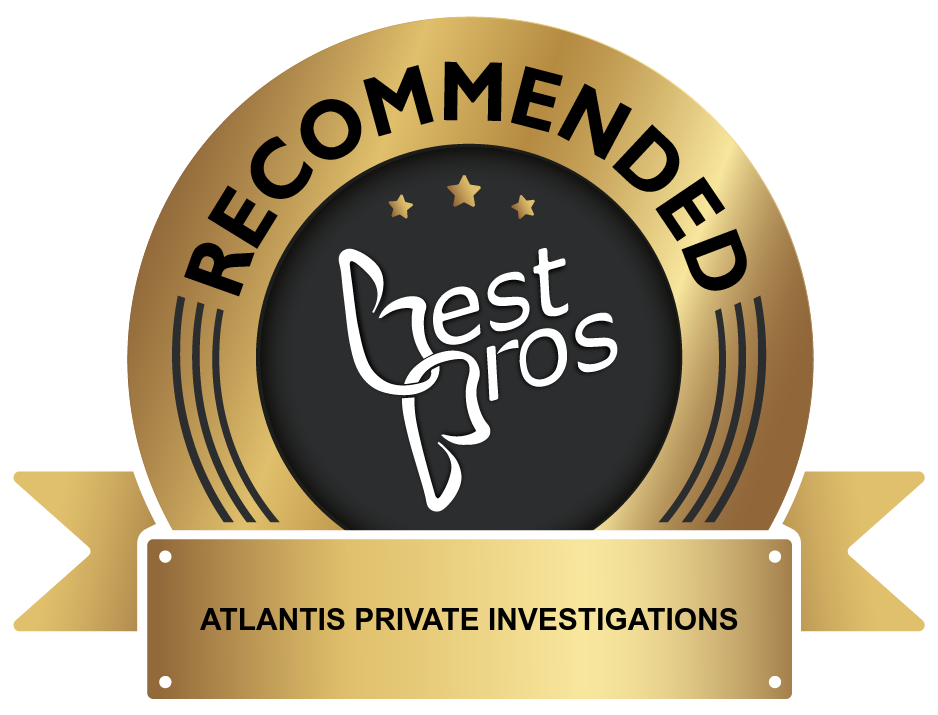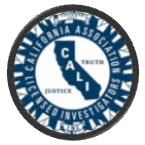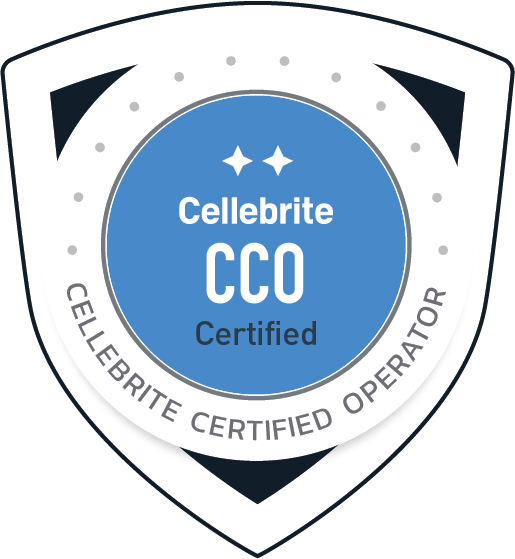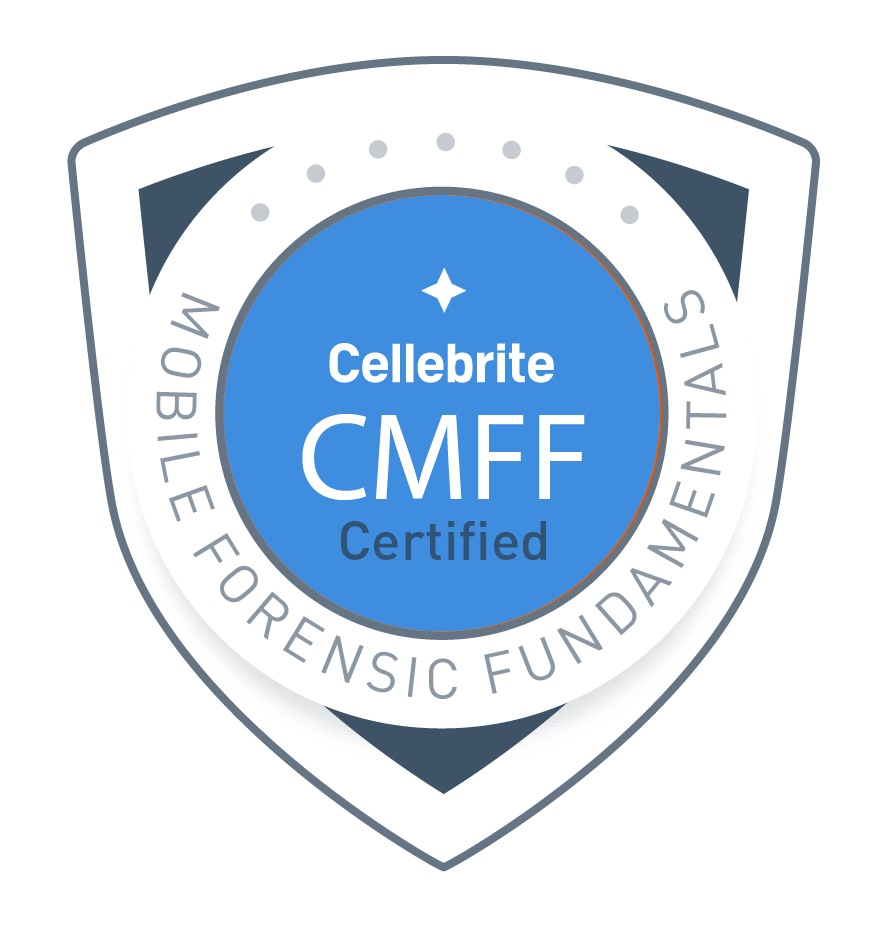Workplace Investigations: Navigating Legal Complexities and Best Practices
Workplace Investigations: Navigating Legal Complexities and Best Practices
Workplace investigations are a crucial process within the realm of human resources and corporate governance, used to address allegations of misconduct such as harassment and discrimination. These investigations serve as an integral mechanism to uphold company policies, ensure compliance with laws, and maintain a safe and equitable work environment. When an employee lodges a complaint or when there are signs of inappropriate behavior, companies are obliged to investigate the matter thoroughly to ascertain the facts and determine the veracity of the claims.
Conducting a workplace investigation involves a systematic approach to gather and examine evidence, interview relevant parties, and document findings. Harassment and discrimination allegations carry potential legal consequences and can significantly impact the culture and morale of an organization. Therefore, it is imperative that the investigation is carried out objectively, discreetly, and with a high level of professionalism to protect the rights of all individuals involved.
Upon the conclusion of an investigation, organizations must assess the information collected to make informed decisions regarding appropriate actions. This could range from disciplinary measures to changes in workplace policies aimed at preventing future incidents. Effective workplace investigations not only address the issues at hand but also demonstrate to employees that their concerns are taken seriously and that the workplace is committed to fostering a respectful and inclusive environment.
The Fundamentals of Workplace Investigations
Workplace investigations are critical processes for addressing complaints and allegations within an organization. They should be conducted methodically to ensure fairness, legality, and the protection of all parties involved.
Understanding the Basics
A workplace investigation is a systematic search for the truth about allegations or concerns within an organization. The investigator plays a pivotal role in this process, and it's crucial that they gather facts without bias. They examine evidence, interview witnesses, and compile findings to determine if the complaint has merit.
Importance of Objectivity and Neutrality
Objectivity and neutrality are the cornerstones of an effective workplace investigation. The investigator must be impartial, with no personal interest in the outcome. Ensuring neutrality not only upholds the integrity of the investigation but also ensures that all parties feel their concerns are taken seriously.
Legal Framework and Employment Law
Knowledge of employment law is essential for conducting workplace investigations. Laws dictate how investigations should be carried out and help in maintaining legal standards to protect the company from liabilities. It is immediate that the investigator remains compliant with laws such as anti-discrimination statutes and privacy regulations.
The Role of Human Resources
Human resources professionals often oversee the investigation process. They ensure it aligns with both internal policies and external legal requirements. HR's role is crucial in maintaining transparency, documenting proceedings, and acting upon the investigation's findings to resolve issues and implement corrective actions.
Preparation and Planning
The success of workplace investigations often hinges on meticulous preparation and planning. This phase is crucial as it lays the groundwork for a transparent and effective investigation process, ensuring company policies and regulations are upheld, and the investigation's scope and objectives are clearly defined.
Developing an Investigation Plan
An investigation plan serves as a strategic blueprint guiding the entire process. It outlines the steps and timelines for the investigation, detailing who will conduct the interviews, what documents need to be reviewed, and how evidence will be collected and preserved. For a solid foundation, the plan must directly align with the company's established procedures and the specific circumstances of the case at hand.
Determining the Scope and Objectives
The scope and objectives of an investigation define its boundaries and aims. The scope should be concise yet comprehensive enough to cover all the relevant issues, while the objectives clearly state what the investigation intends to achieve, like fact-finding or determining policy violations. Clearly outlined objectives ensure that the investigation remains focused and effective, addressing the relevant concerns within the context of the company's regulatory framework.
Role of Company Policies and Regulations
Company policies and regulations are the compass that directs the investigation. They influence the strategy and execution by providing the standards against which the investigators' findings will be measured. Ensuring that the investigation complies with internal policies and external regulations not only fortifies the integrity of the process but also protects the company and involved parties' interests from potential legal repercussions.
Conducting the Investigation
When embarking on workplace investigations, it's crucial for the investigator to rigorously gather and evaluate evidence, conduct effective interviews, ensure fairness and credibility throughout the process, and meticulously document each step. These core competencies are essential to reaching a just conclusion.
Gathering and Handling Evidence
Investigators should collect all forms of evidence related to the incident, including but not limited to emails, physical items, and electronic files. They need to ensure the evidence is preserved in its original form and create a meticulous record of where each piece was sourced from. Establishing a clear chain of custody minimizes the risk of critical information being contested later on.
- Record the time and date of each piece of evidence obtained.
- Store physical evidence securely and back up electronic evidence.
Effective Interview Techniques
Conducting interviews is an art that requires preparation, a clear structure, and an unbiased approach. Interviewers should:
- Prepare questions in advance, focusing on open-ended ones to elicit detailed information.
- Create an environment where the witness feels comfortable speaking truthfully.
It is essential to avoid leading questions that could influence the witness's responses or give an impression of preconceived conclusions.
Ensuring Credibility and Fairness
The integrity of an investigation hinges on maintaining fairness and credibility. This involves:
- Treating all parties involved with impartiality.
- Evaluating all evidence and testimony objectively.
An investigator should always consider multiple perspectives and avoid biases that could undermine the investigation's integrity.
Documenting the Investigation
Robust documentation is the backbone of an effective investigation, providing a defensible narrative of events and actions. This should include:
- A detailed log of the investigative process with timestamps.
- Summaries of each interview, annotated with relevant observations.
Investigators should ensure that documentation is complete, accurate, and stored in a secure manner to uphold the investigation's validity.
Key Considerations During Investigations
Workplace investigations are intricate processes requiring attention to several critical areas to ensure fairness, legality, and effectiveness. These investigations often pivot on a few focal concerns that determine their trajectory and outcome.
Dealing With Complaints and Complainants
When receiving a complaint, it's imperative to approach the complainant with respect and sensitivity. Confidentiality should be addressed from the onset, outlining how their information will be used. One must ensure the complainant feels heard and take all complaints seriously, treating them with the appropriate urgency and attention.
Assessing Credibility and Employee Misconduct
An integral part of the investigation is assessing the credibility of all involved parties. One should look for concrete evidence of employee misconduct while considering the context and potential for misunderstandings. Determination of facts should be impartial, supported by documentation and corroborative testimonies when available.
Privacy, Confidentiality, and Protection Issues
The need for privacy and confidentiality in workplace investigations cannot be overstated. Investigators should be well-versed in applicable privacy laws to protect sensitive information. Measures must be in place to prevent unauthorized disclosures, thereby maintaining protection for all parties involved in the process.
Handling Retaliation and Bias Concerns
Workplace investigations must include safeguards against retaliation, ensuring no one is penalized for coming forward with a complaint or participating in an investigation. Similarly, bias—whether conscious or unconscious—must be recognized and mitigated. Maintaining neutrality is crucial for the integrity of the investigation and the trust of the workforce.
Post-Investigation Actions
Post-investigation actions are critical to ensure the effectiveness and closure of a workplace investigation. These steps solidify the results of the investigation and outline the path forward for all involved parties.
Making the Decision and Taking Action
Once the investigation is complete, decisive action must be taken based on the findings. If misconduct is confirmed, the responsible party must face appropriate disciplinary measures. A delay in action could undermine trust in the investigation process and credibility of the decision-makers.
Creating a Thorough Investigation Report
The investigation report serves as the official record of the inquiry. It should detail the allegations, investigative methodology, evidence reviewed, and the conclusions reached. The report must be clear, concise, and free of bias to ensure it is a reliable document for any subsequent actions or references.
Implementing Corrective Measures
Corrective actions are implemented to address the issues uncovered by the investigation. These may include policy revisions, training programs, or changes to workplace practices. The key is to prevent recurrence of the problematic behavior and restore a positive work environment.
Communicating with Involved Parties
Effective communication with all parties is essential to conclude the investigation process. It involves informing them about the outcomes of the investigation and any actions taken. Transparency during this phase helps in maintaining trust and demonstrates the organization's commitment to a fair and just work environment.
Legal and External Considerations
When addressing workplace investigations, it's essential to heed the complicated legal landscape and coordinate rigorously with external entities. This ensures a thorough process while mitigating legal risks and potential liabilities.
Involvement of Legal Counsel
Legal counsel plays a vital role in protecting an organization's interests during investigations. They ensure that actions taken are defensible and that attorney-client privilege is considered, particularly when communications involve both legal and nonlegal advice. Engaging legal counsel early can guide the investigation process, addressing complex issues like legal risk and preserving the integrity of the investigation outcome.
Coordinating with External Investigators
Sometimes, bringing in a third-party investigator is necessary to uphold objectivity, especially when cases involve senior management or the in-house legal team. They offer a level of impartiality and specialized expertise. Coordinating with these external investigators requires clear delineation of roles, a precise understanding of the scope of work, and careful communication to maintain confidentiality and compliance with applicable laws.
Dealing with Potential Lawsuits and Liability
Adequate preparation for potential lawsuits involves meticulous record-keeping and evidence management. Having detailed documentation can bolster the organization's defense in legal challenges. Moreover, demonstrating a thoughtful, fair, and thorough investigating approach may limit potential liability. An employer's decisions should reflect a reasonable, good-faith effort in both the investigation and subsequent actions, as this prudence can be pivotal in litigation outcomes.
Throughout each stage, maintaining neutrality, transparency, and diligence is key in balancing legal imperatives with the intricacies of human resources challenges.
Best Practices and Common Pitfalls
Effective workplace investigations are crucial in addressing complaints and maintaining a fair working environment. Best practices ensure efficiency and timeliness while common pitfalls can undermine the investigation’s integrity.
Promoting Efficient and Timely Investigations
Efficiency in workplace investigations is achieved by having a clear process in place before issues arise. A documented procedure helps ensure that investigations are timely and consistent. It's important to promptly begin the investigation upon becoming aware of a potential issue to maintain evidence integrity and show that the company takes the allegations seriously. The process should be streamlined to minimize disruptions and resolve the matter expeditiously.
Recognizing and Avoiding Investigative Mistakes
Investigators must be cognizant of common errors that can jeopardize the fairness and validity of an investigation. Choosing the wrong investigator, lacking a clear reporting system, overlooking evidence, or being biased can undermine investigations. Avoiding mistakes often requires thoroughly understanding and faithfully adhering to the company’s policies on handling complaints and staying impartial throughout the process.
Ongoing Training for HR Professionals and Investigators
Continuous training for HR professionals and investigators is paramount. By keeping updated with the latest legal requirements and investigative techniques, they are better prepared to handle complex situations. Training enhances investigation experience, equipping individuals to navigate challenging aspects of an inquiry and reinforcing the importance of confidentiality and fairness.
Frequently Asked Questions
Workplace investigations are integral to addressing allegations of misconduct or policy violations and maintaining workplace integrity. These FAQs provide concise answers to common inquiries about the investigation process.
-
What are the key steps in conducting a workplace investigation? The key steps typically include promptly initiating an investigation upon receiving a complaint, conducting thorough interviews with the complainant, the accused, and any witnesses, and collecting relevant evidence. It's essential to maintain confidentiality and objectivity throughout the process.
-
How can employers ensure fairness during a workplace investigation? Employers can ensure fairness by selecting an unbiased investigator, following consistent procedures, and giving all involved parties an opportunity to share their side of the story. Fairness is also enforced by avoiding pre-judgments and basing conclusions on evidence gathered during the investigation.
-
What role does HR play in a workplace investigation? HR plays a critical role by overseeing the investigation process, ensuring legal compliance, and upholding the company's policies. Responsible for conducting interviews and gathering facts, HR must approach each situation with impartiality and professionalism.
-
What should an employee expect if they are the subject of a workplace investigation? An employee subject to a workplace investigation should expect to receive clear information about








